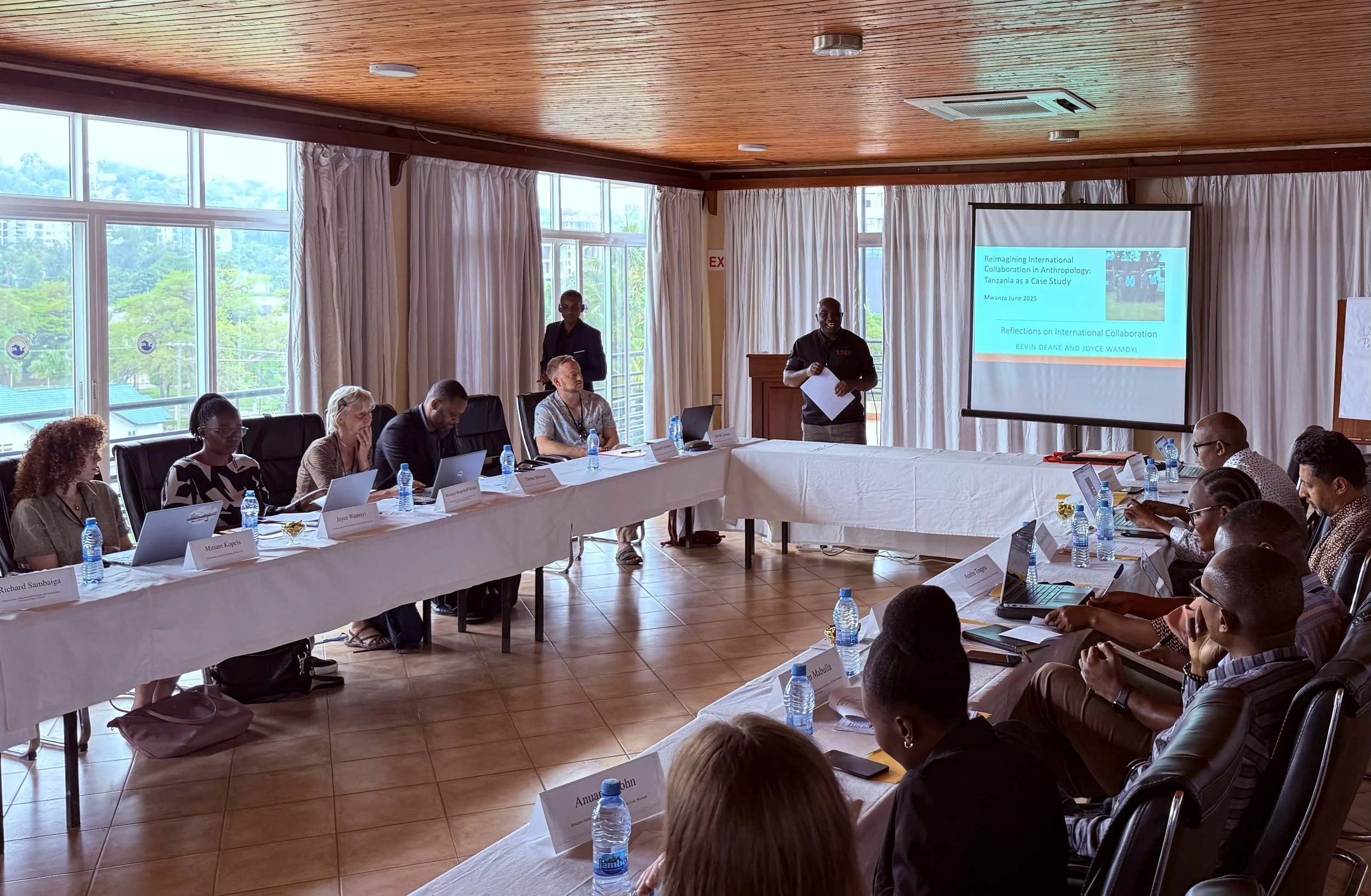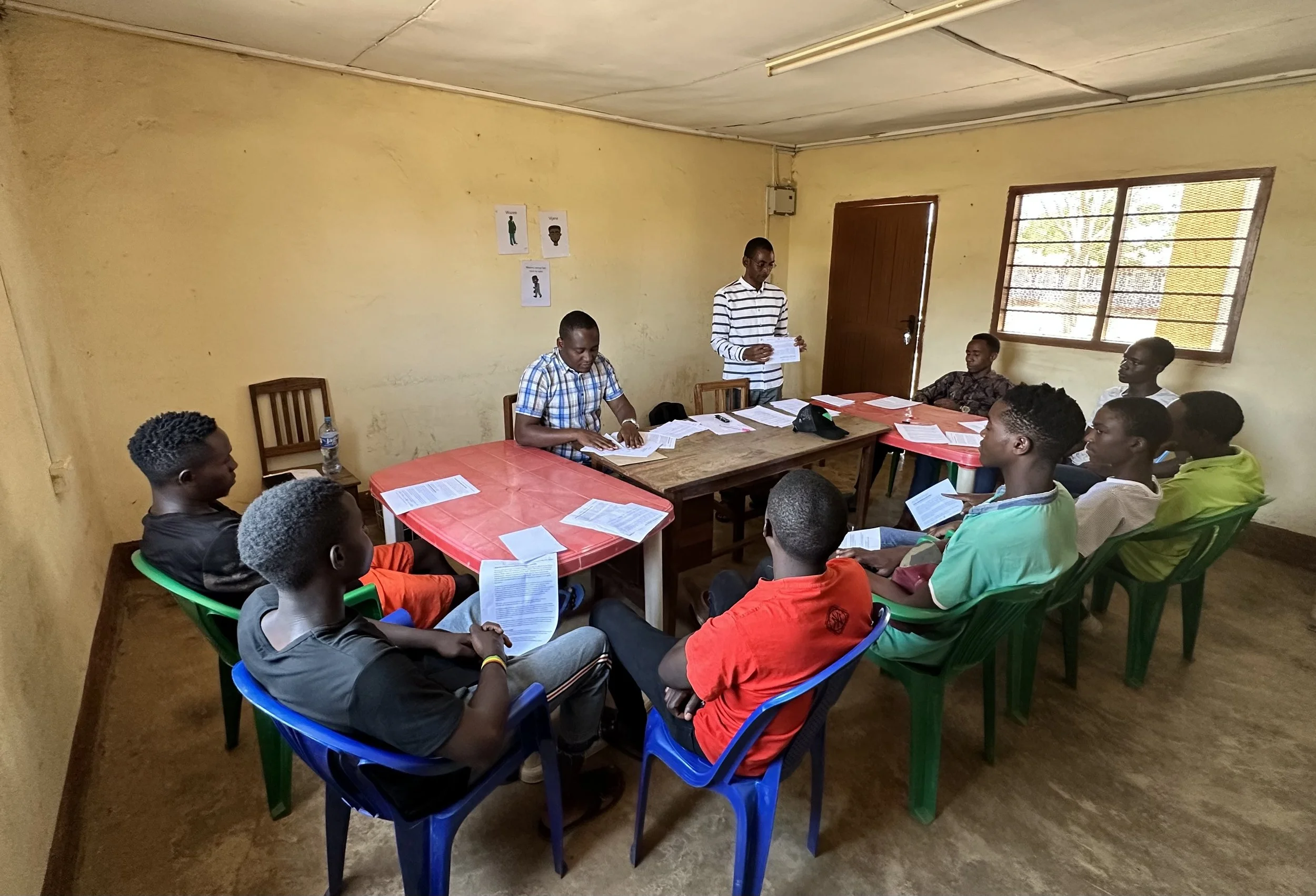Projects
Over the last decade, we have carried out research in the same rural but fast urbanizing communities not far from Mwanza, Tanzania’s second largest city. In the tabs below, you can read about some of active projects. Our work has been funded by multiple organizations including the Wenner-Gren Foundation, National Science Foundation, Templeton Foundation, Hellman Foundation, Leverhulme Trust, UK Research Councils and the UK Department for International Development.
-
One major research theme is child wellbeing and transitions to adulthood, often drawing on the theoretical framework of human behavioral ecology. We have conducted research on how living arrangements, such as fostering and polygynous marriage influence child health, favoritism in parental care and time allocation trade-offs between schooling and work. We have also examined the drivers of consequences of ‘child marriage’ (marriage <18 years). Here, we have highlighted ethnocentric assumptions common in the global health literature, and documented the coexistence of alternative scenarios that give rise to early marriage among adolescent girls and young women.
-
A second theme relates to gendered conflict, which describes situations where women and men’s interests are unaligned, and each sex/gender utilizes strategies to gain the upper hand. This includes research on behaviors such as intimate partner violence. We are particularly interested in the social learning of conflict traits, such as gender role ideology i.e. beliefs about appropriate roles, rights and responsibilities for each gender. For example, we have documented that men tend to overestimate peer support for patriarchal beliefs, and in turn exaggerate personal support for such beliefs when with their peers. This dynamic can make patriarchal beliefs resistant to change.
-
We are committed to tackling the stubborn persistence of extractive or ‘parachute’ practices in anthropology, which do not engage with community concerns and circumvent local researchers and institutions in research production. To this end, we have drawn up recommendations to advance more equitable norms. In June 2025, we brought together a working group of predominantly Tanzanian social scientists to discuss both (i) community and capacity building for Tanzanian anthropologists, and (ii) pathways to better regulate the actions of visiting researchers. We are now working on several initiatives together (see picture below).
Dunstan Matungwa chairing a session at our Wenner-Gren funded workshop on ‘Reimagining International Collaboration in Anthropology: Tanzania as a Case Study’ held in Mwanza June 2025. We are committed to building capacity and community for Tanzanian anthropologists, and countering extractive research norms in cross-cultural social science.
Our 2023 field team marking the end of fieldwork at a community thank you event. We completed studies on social influences on the development of young men’s beliefs about gender, as part of twin projects funded by the Cultural Evolution Society Transformation Fund and the National Science Foundation (Joseph Kilgallen’s PhD research).
Alexander Ishungisa running a focus group discussion in 2023. In almost all our work, we take a mixed methods approach, combing quantitative elements such as participant surveys or field experiments, with focus groups and in-depth interviews (photograph shared with participant consent).




